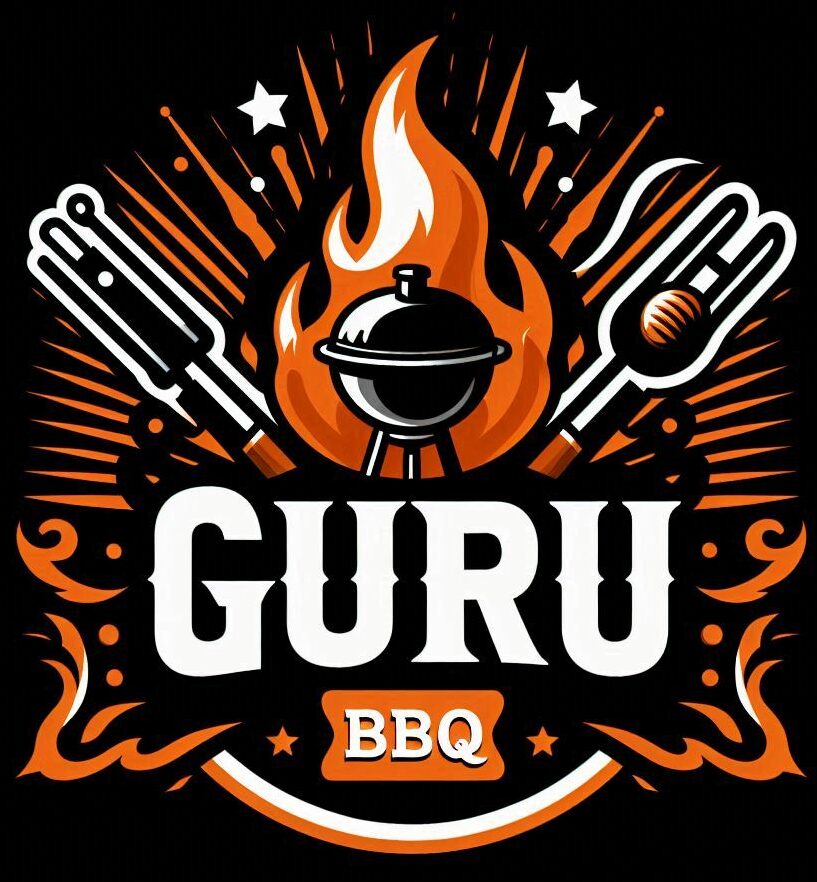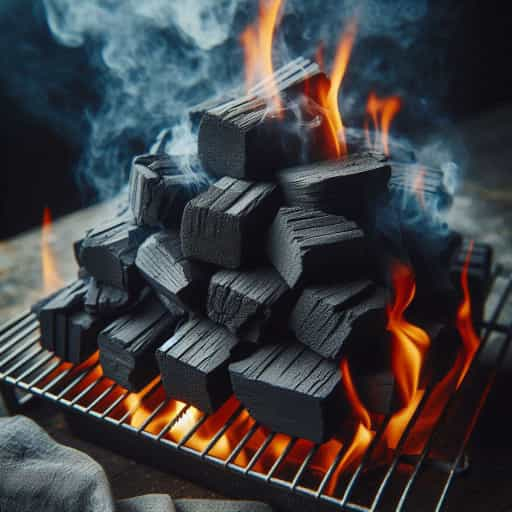Choosing a BBQ can feel overwhelming with all the options out there. It’s essential to zoom in on what makes a BBQ good and what will serve your needs the best.
First up, let’s talk about the key features. High-quality grills share some universal traits, like sturdy construction, reliable temperature control, and even heat distribution. Look for models with heavy-duty grates, solid lids, and robust wheels for mobility. These features make a difference over time and contribute to a pleasant grilling experience.
When it comes to the type of BBQ, the main categories are gas, charcoal, electric, and pellet. Each has its own vibe and benefits. Gas BBQ’S are super convenient with quicker startup times and easy heat control. Charcoal BBQ’s bring that smokey flavour enthusiasts rave about, though they require more effort to manage. Electric grills are handy for small spaces or places with restrictions on open flames. Pellet grills offer a blend of both worlds with automation and that rich, smokey taste.
Material and construction are crucial for durability. Stainless steel is often the gold standard in BBQ materials due to its rust resistance and longevity. Avoid thin metals that can warp under heat over time. Check for welded joints instead of screwed ones for better stability and fewer parts that can loosen up and get lost.
Size matters because it impacts how much food you can cook at once. If you usually grill for a family of four, a compact model might be enough. But if you’re the go-to BBQ host for larger gatherings, a bigger cooking area with multiple burners or grilling zones will serve you better.
Finally, don’t overlook accessories and add-ons. Think about extras like side burners, rotisserie kits, and smoker boxes that can expand your cooking repertoire. A good BBQ setup doesn’t just grill—it sizzles, smokes, and roasts, making your garden the ultimate hangout spot.
Making the Right Purchase: What to Look for When Buying a New Barbecue
Assessing your needs is the first step. Think about how often you barbecue and whether you’re cooking mainly for family meals or hosting big get-togethers. A smaller, basic model can be perfect for occasional use. But for frequent BBQ lovers or large groups, a more advanced setup will be worth the investment.
Budget plays a big role in your decision. While it’s tempting to go for the cheapest option, remember that you typically get what you pay for. Investing a bit more upfront in a well-built, durable barbecue can save you money and hassle in the long run. High-end models often come with useful features like better temperature control and extra cooking methods.
Brand reputation and customer reviews are gold mines of information. Look for brands known for quality and reliability. Reading reviews can give you real-world insights into the pros and cons of different models. Pay attention to repeated issues or praise to get a feel for what you can expect.
Warranty and customer service could be your safety net if anything goes wrong. A solid warranty shows that the company stands by its product. Good customer service can be a lifesaver for troubleshooting problems or getting replacement parts.
Consider energy efficiency and fuel type, especially if you’re budget-conscious. Gas BBQ’s are generally more efficient than charcoal. However, pellets can offer a good balance of flavor and efficiency. Make sure you’re comfortable with the long-term running costs of your chosen fuel.
Elevating Your BBQ Game: How to Improve Your Barbecue
Mastering advanced cooking techniques can seriously level up your BBQ. Think about learning indirect grilling, where you cook food next to, rather than directly over, the flame. This is great for larger cuts of meat like ribs or whole chickens. Experimenting with different woods for smoking – hickory, applewood, mesquite – can also add new dimensions to your flavors.
Gadgets and accessories are your friends here. Upgrade your setup with tools like a meat thermometer for perfectly cooked meat, a grill basket for veggies, or a rotisserie attachment for evenly roasting larger items. These extra gadgets might seem small, but they can make a huge difference in your cooking outcomes.
Maintenance is key to a long-lasting, effective BBQ. Regularly clean the grates and burners to prevent build-up that can affect performance and taste. Cover your grill when not in use to protect it from the elements and extend its life. A well-maintained BBQ not only performs better but also stays safe to use.
Don’t underestimate the power of good recipes. Try new marinades, rubs, and sauces to bring fresh excitement to your BBQ. There are tons of recipes online, or you could create your own blends and become known for your unique flavour’s. Adding variety with new dishes keeps things interesting and tasty.
Creating the perfect outdoor BBQ setup is about more than just the grill. Consider the layout – having prep space, seating, and maybe even some shade can make a big difference. Good lighting for evening cookouts and a sound system for background music can turn your BBQ from a simple meal into an event.
Expert Tips and Tricks: Getting the Most Out of Your BBQ
Maximizing flavor is an art. Whether you’re a fan of smoking or grilling, both methods have their own perks. Smoking takes longer but infuses deep, rich flavors into meats. Grilling, on the other hand, is about that quick, high-heat sear that locks in the juices. Try both methods to find your sweet spot.
Temperature control is crucial for great BBQ. Invest in a reliable grill thermometer, or even better, a dual-probe system that lets you monitor the grill’s temp as well as the internal temp of your meat. This ensures your meat cooks perfectly every time, avoiding overcooked or undercooked disasters.
Effective cleaning and upkeep can’t be emphasized enough. After each use, give your grill a good scrub to remove grease and food residue. Regular deep cleans, at least once a season, will keep your BBQ in top shape and extend its life. Plus, a clean grill performs better and is safer to use.
Safety should always be top of mind. Always have a spray bottle of water handy for flare-ups and make sure your grill is set up on a stable, flat surface away from anything flammable. Regularly check gas lines for leaks if you’re using a gas grill, and never leave your BBQ unattended while it’s on.
Adapting to seasonal changes can make BBQing a year-round activity. During colder months, shield your grill from wind and keep the lid closed as much as possible to retain heat. In the summer, keep your grill well-ventilated to avoid overheating. Different seasons might call for slight tweaks in your approach, but good BBQ knows no season.

